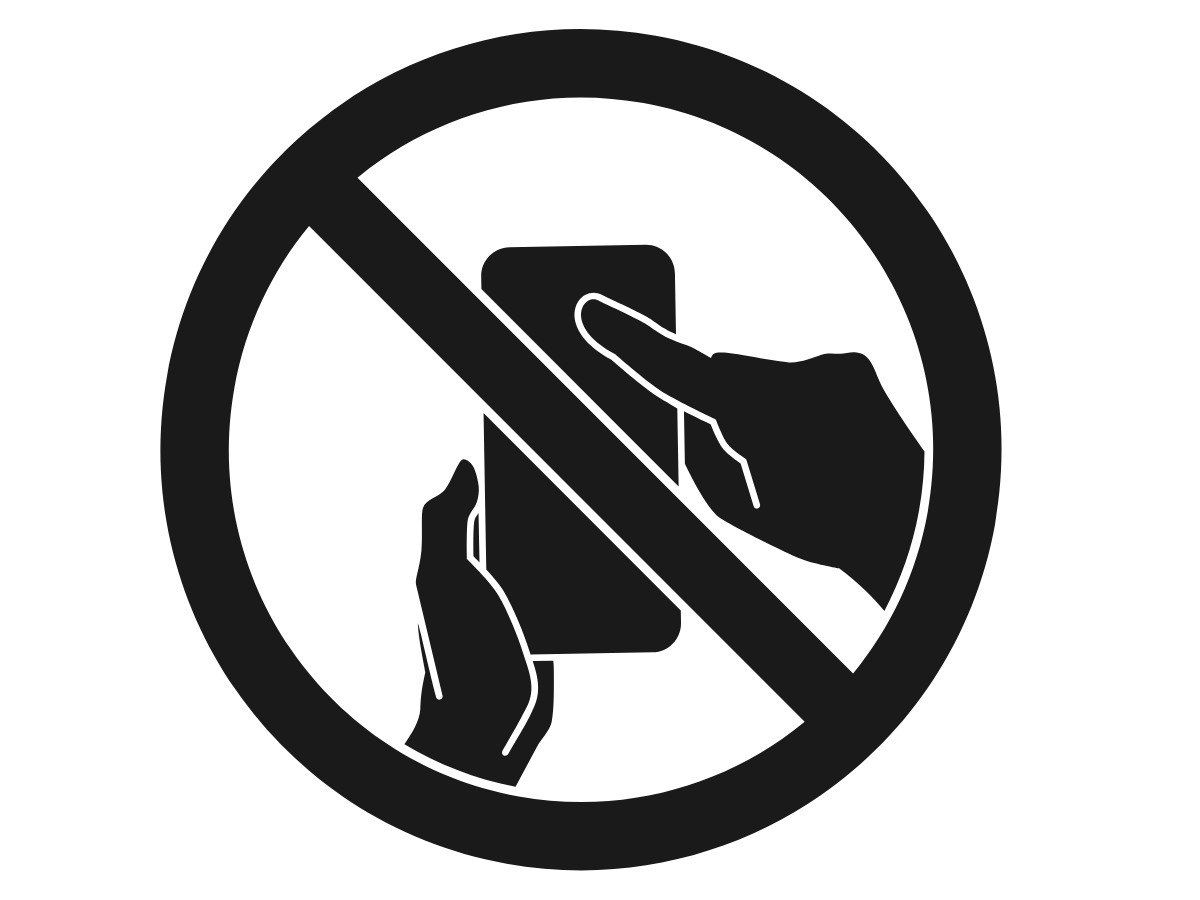- Hon Nanaia Mahuta
Local Government Minister Nanaia Mahuta says the Water Services Entities Bill is the first of several pieces of legislation to establish a new system for national water services that meets the needs of communities and the environment, while keeping costs low for households.
The bill has today been introduced to Parliament.
“The bill establishes four dedicated Water Service Entities that will enable infrastructure to provide safe and affordable drinking water, wastewater and stormwater services,” said Nanaia Mahuta.
“These changes will deliver clean and safe drinking water services at an affordable price for New Zealanders. By investing in such critical infrastructure now we can help secure New Zealand’s economy for future generations.
“Everyone accepts the need for change. Without reform our water infrastructure will continue to deteriorate. Households, businesses and communities would face genuine public health risks, services that don’t meet their needs, and rising bills of up to $9,000 a year per household just for water services.
“Years of underinvestment across the country has led to threats to water quality. Pipes burst in our city streets, sewage flows into our waterways, and almost 500,000 New Zealanders in one year were forced to boil their water because of faecal contamination.
“This is unacceptable and the costs to communities and ratepayers are just too big to ignore. We are acting now because others wouldn’t.
“Independent advice shows up to $185 billion of investment over 30-years is needed to address underinvestment in maintenance and replacements, upgrade water infrastructure to meet modern standards, provide for growing communities and build resilience against climate change and natural hazards.
“The new water services entities will ensure all New Zealanders get the high-quality water services they deserve, no matter whether they live in our biggest cities or heartland provincial communities.
“It will also ensure public ownership is a bottom line for this Government, and the Bill contains strong protections against privatisation that will ensure this essential infrastructure is safeguarded for future generations.
“The Bill also incorporates the recommendations of the Working Group on Representation, Governance and Accountability. It secures community ownership of the water entities, protects against privatisation, and ensures a stronger community voice in the new entities.
“It ensures the collective ownership of the entities by local government on behalf of their communities through a shareholding allocated on the basis of population, as recommended by the Working Group.
“The Bill contains robust mechanisms to provide for iwi/Māori rights and interests in our three waters system but makes clear these rights and interests do not include ownership.
“The bill will shortly undergo its first reading debate in Parliament and will then be subject to a full select committee process where further public submissions will be welcomed,” said Nanaia Mahuta.
Further legislation will be introduced later this year to enable the transfer of assets and liabilities from local authorities to Water Services Entities, and integrate entities into other regulatory systems.
Another piece of legislation will cover economic regulation and consumer protection, to ensure water services are reasonable and affordable.
A ³Ô¹ÏÍøÕ¾ Transition Unit will oversee the establishment of the new entities over the next two years.







